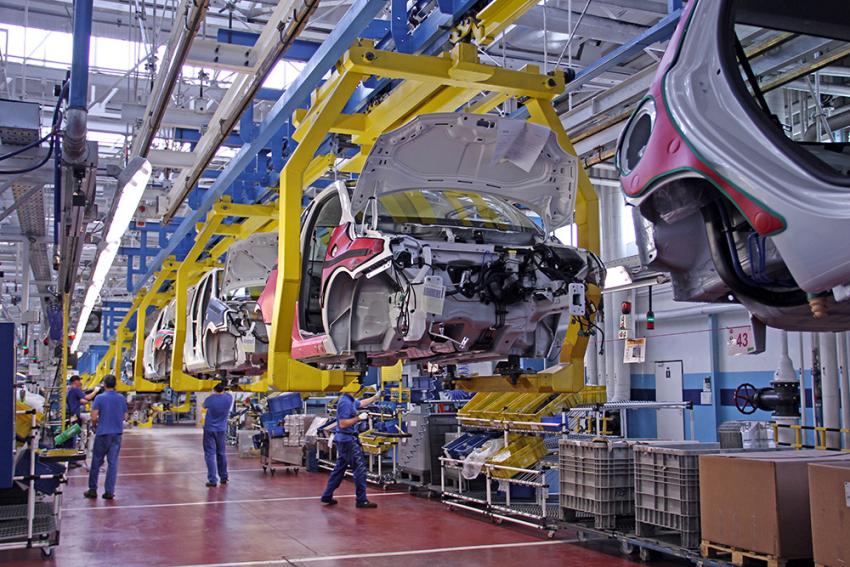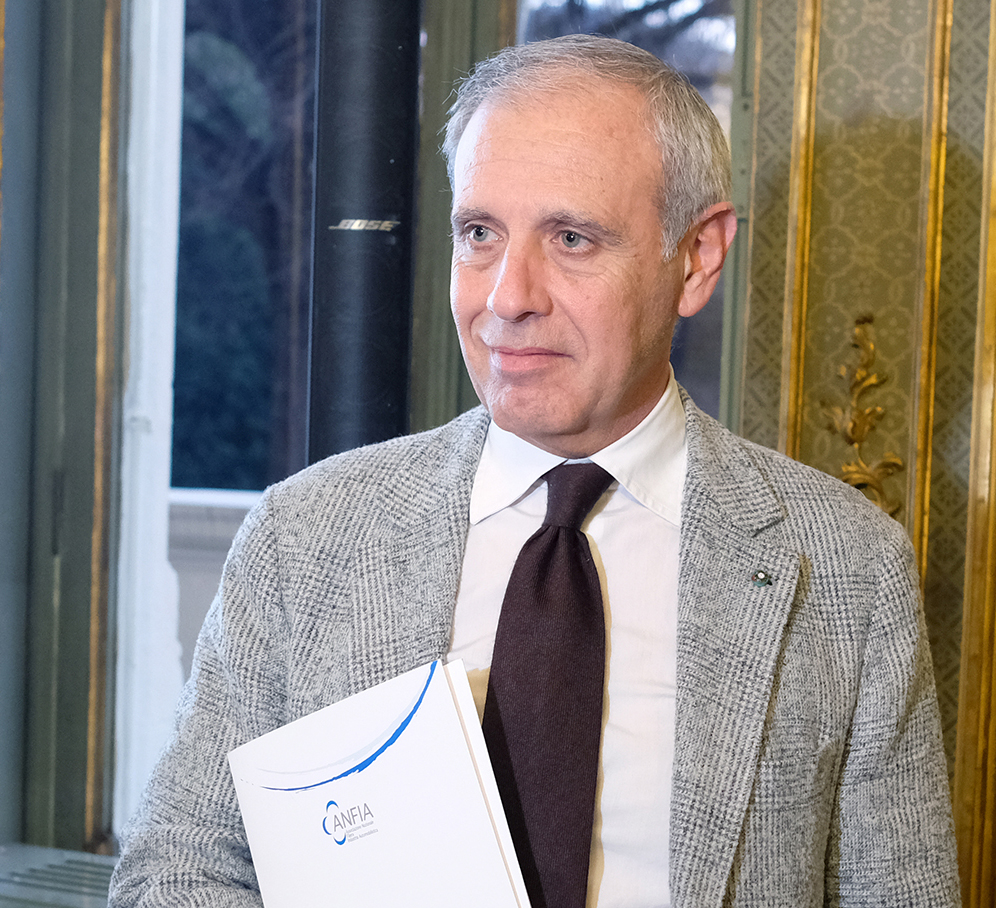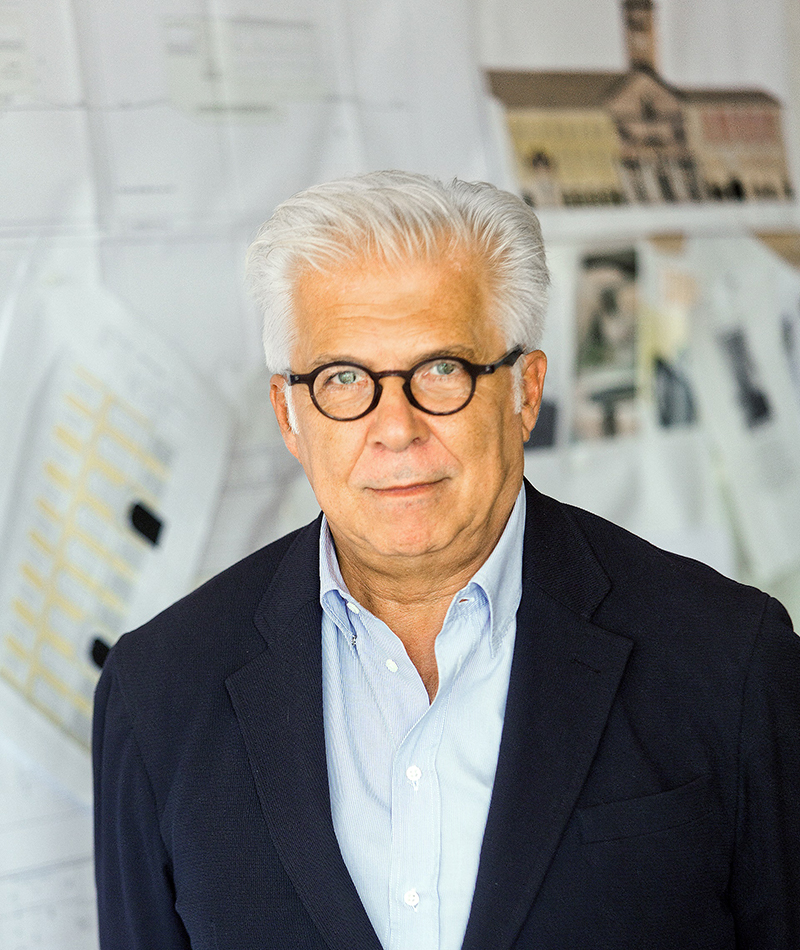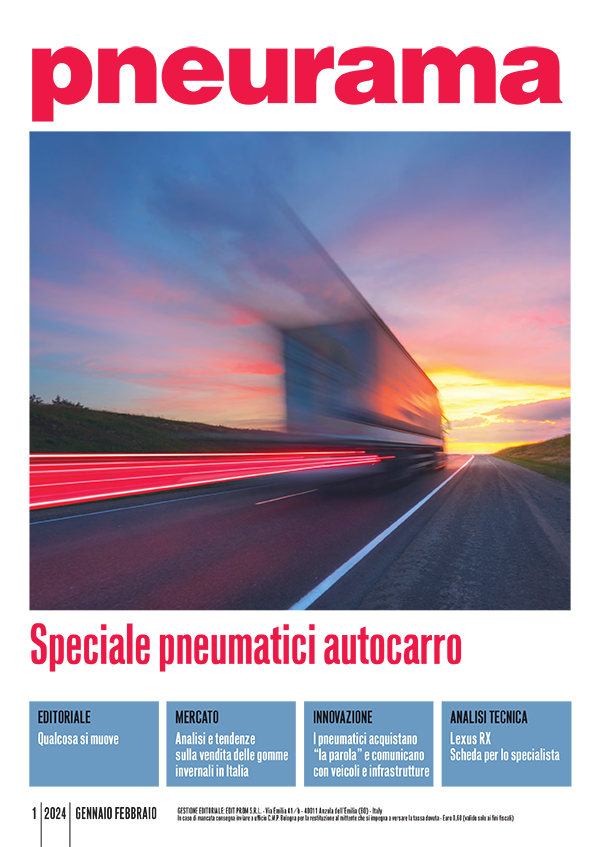Long range electric driving
Two levels of power and decent mileage (450 kilometres) for the Korean crossover ready to take on the EV market. High-capacity batteries and snappy engines characterize this urban crossover

In a little less than 15 years it will be practically impossible to buy a new ICE car, and it will make no difference if it is a hybrid version. With this decision the European Union wants to permanently stop the sale of millions of cars in Europe. The proposal contained within the "Fit for 55" strategy, by 2035 the EU intends to put an end to the sale of petrol, diesel, LPG, natural gas and even hybrid or plug-in vehicles. The only vehicles available to motorists will be either electric or hydrogen-powered, despite the fact that today recharging points are still quite rare in several places and in Italy there is only one hydrogen station. The reason for this radical choice? The fight against CO2, or rather the containment of carbon dioxide released into the atmosphere. The European Union will require member states to upgrade the charging network and install refuelling points at regular intervals on major motorways: every 60 kilometres for electric vehicles and every 150 kilometres for hydrogen-powered cars. The target will be achieved gradually and will be accompanied by the creation of a new CO2 market for road transport and buildings. The revenues will end up in a social fund for the climate, with an estimated value of 70 billion Euro in 7 years, through which the EU could co-finance 50% of national incentive schemes for the purchase of zero emission cars and the energy upgrading of buildings. "The principle is simple: CO2 emission must have a price; a price that will lead consumers, producers and innovators to choose neutral technologies and move towards clean and sustainable products," said European Commission President Ursula von der Leyen. European Commission Executive Vice-President Frans Timmermans said that if action is not taken now, "we will fail our children and grandchildren, who in my view will be forced to fight wars for water and food if we don't solve the problem now."
However, such a radical change will inevitably bring new issues, such as energy supply since electricity has to be produced and can generate great amounts of CO2 if not generated from fully renewable sources. According to the International Energy Agency, Iea, fossil fuels are still the dominant energy sources for electricity production. Coal made up 34% and gas 25% of global production in 2020, while renewables sources and nuclear energy together accounted for 37%, a slight improvement over the 32% back in 2015. As a result, CO2 emissions in the power generation sector, which decreased in both 2019 and 2020, are estimated to increase by 3.5% in 2021 and 2.5% in 2022. In addition to environmental concerns, the decision to abandon ICE units, even hybrids, will also have serious consequences at economic level.
 As recalled by Paolo Scudieri, president of Anfia (National Association of the Automotive Industry), "the Italian automotive production chain is a leading sector for the economy. With more than 5,500 companies and 278,000 employees, the sector generates 106 billion euro a year and is worth 6.2% of the country’s GDP. The automotive industry boasts the highest multiplier of added value and makes an annual contribution to the Treasury of more than 76 billion euro in tax revenue." To this we must add a long list of collateral damage. "In fact - as Scudieri recalls - our components sector has enjoyed a trade balance surplus of over 5 billion euro a year for over 20 years. Choosing to lose companies and jobs in our sector over the next few years will have significant consequences also for the many closely connected supply chains, such as foundries, machines and equipment manufacturers, with will have a significant impact on our economy.
As recalled by Paolo Scudieri, president of Anfia (National Association of the Automotive Industry), "the Italian automotive production chain is a leading sector for the economy. With more than 5,500 companies and 278,000 employees, the sector generates 106 billion euro a year and is worth 6.2% of the country’s GDP. The automotive industry boasts the highest multiplier of added value and makes an annual contribution to the Treasury of more than 76 billion euro in tax revenue." To this we must add a long list of collateral damage. "In fact - as Scudieri recalls - our components sector has enjoyed a trade balance surplus of over 5 billion euro a year for over 20 years. Choosing to lose companies and jobs in our sector over the next few years will have significant consequences also for the many closely connected supply chains, such as foundries, machines and equipment manufacturers, with will have a significant impact on our economy.
The magnitude of the effort required of our industry - which must be added to those already faced in the last 20 years of war on emissions, dictated by demanding European regulations - and the effects that such clear-cut choices will have on the social and economic fabric of Europe and Italy, do not go hand in hand with the expected results, if we consider that CO2 emissions resulting from cars circulating in Europe alone are about 1% of world emissions". Doubts were also expressed by  Mauro Severi, president of Aica (Italian Association of Garage Equipment Manufacturers), who pointed out that "companies in the sector are now recovering after an extremely difficult period and following this news it is impossible to make long-term plans due to the climate of uncertainty created. In addition to this, the automobile continues to be the favourite target for administrations and authorities, despite multi-million-dollar investments in sustainability". Severi underlines the risk for many companies in the sector: "those who are still relying on Internal Combustion technology will be forced to renew their offer in order not to succumb to the decisions taken by the EU".
Mauro Severi, president of Aica (Italian Association of Garage Equipment Manufacturers), who pointed out that "companies in the sector are now recovering after an extremely difficult period and following this news it is impossible to make long-term plans due to the climate of uncertainty created. In addition to this, the automobile continues to be the favourite target for administrations and authorities, despite multi-million-dollar investments in sustainability". Severi underlines the risk for many companies in the sector: "those who are still relying on Internal Combustion technology will be forced to renew their offer in order not to succumb to the decisions taken by the EU".
Two levels of power and decent mileage (450 kilometres) for the Korean crossover ready to take on the EV market. High-capacity batteries and snappy engines characterize this urban crossover
After 45 years Ford revamps the iconic Fiesta now in its seventh generation. Wide range of tailor-made solutions and a choice of engines with powers ranging between 70 and 200 HP, with 15 to 18inch steel or alloy wheels.
Renewed in its contents but not in its philosophy, the last generation of the Impreza maintains the famous characteristics of Subaru, permanent four-wheel drive and boxer engine, for the first time also in hybrid version.
